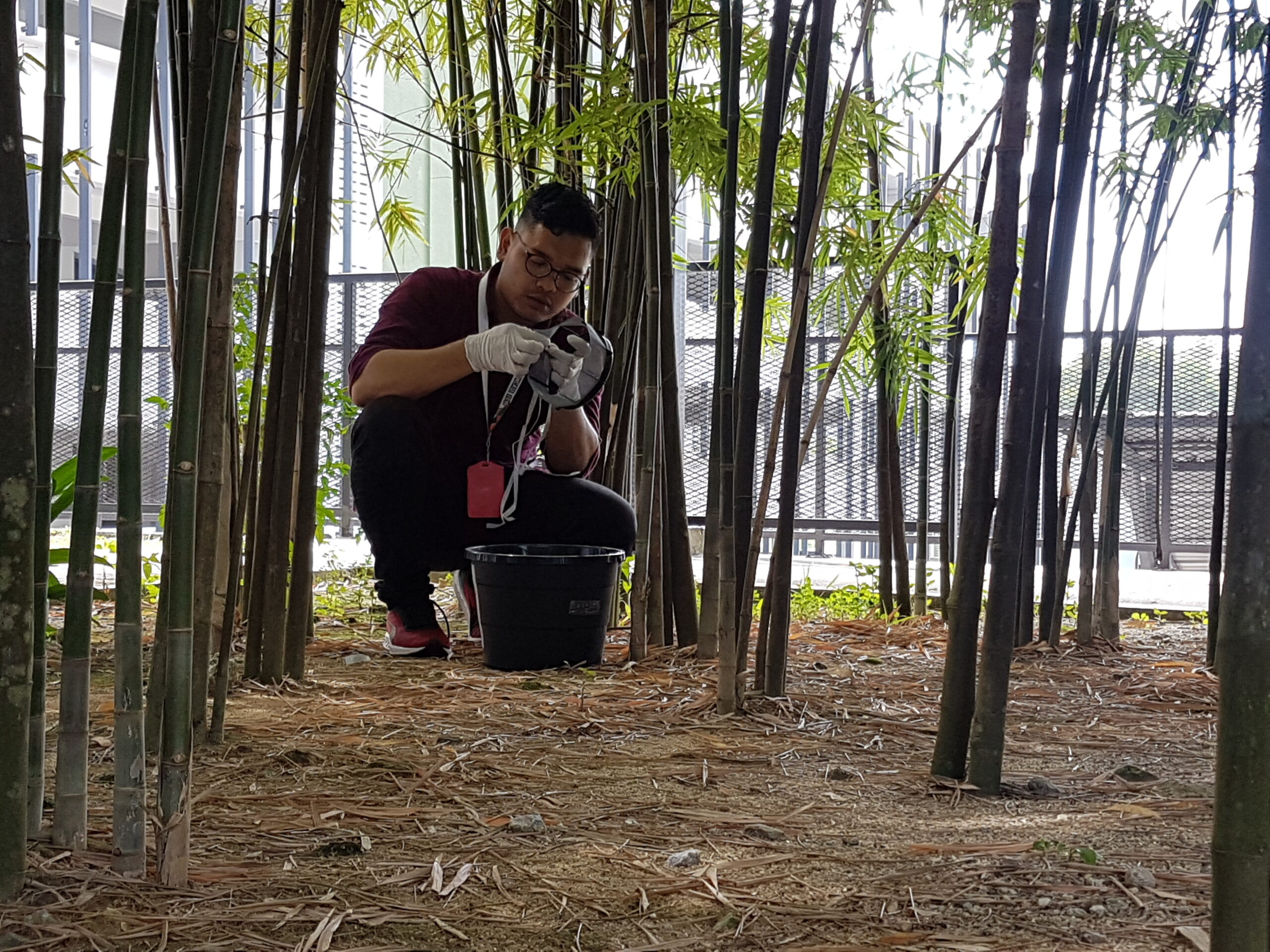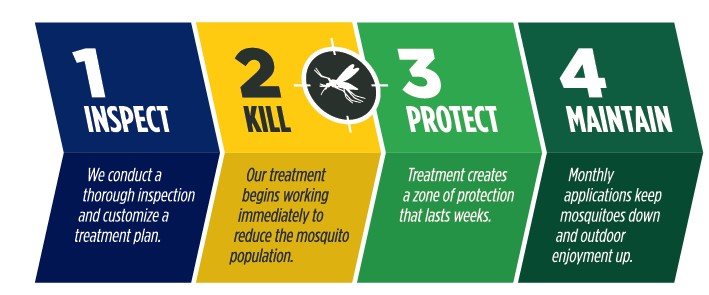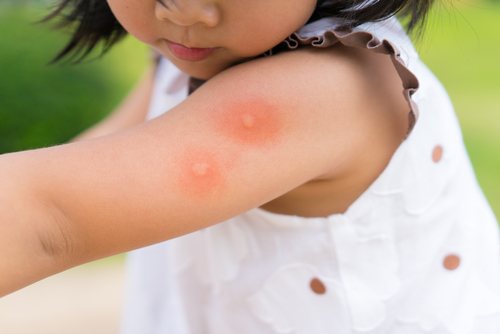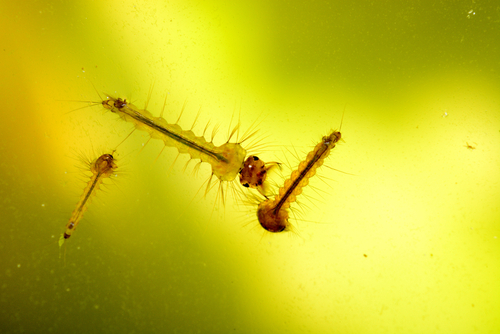For residential apartment buildings and commercial properties with a high volume of mosquitoes, a mosquito control service can reduce populations and limit future reproduction. Assured Environments serves properties and businesses with a safe and effective system that works for large-scale mosquito control.
Our Mosquito Treatment Protocol
Assured Environments utilizes the In2Care mosquito control system. Our customized, powerful treatment goes beyond conventional barriers and repellents to quickly kill mosquitoes and larvae. This “mosquito trap” delivers multiple key benefits:
- Immediately works to kill present mosquitoes
- Keeps working for weeks
- Effective even on hard-to-control urban species
- Active ingredient protected from weather and irrigation by a polymer layer
- Personalized protection plans
- Professional installation services
Your trained Assured Environments technician inspects and identifies trouble spots that may attract mosquitoes. They study your particular needs and design an effective protection plan that works quickly to kill mosquitoes and larvae in the area.
The zone of protection we create continues to provide additional defense for weeks. To maintain effectiveness, we’ll target foliage and structures that may attract mosquitoes with monthly or seasonal applications.







